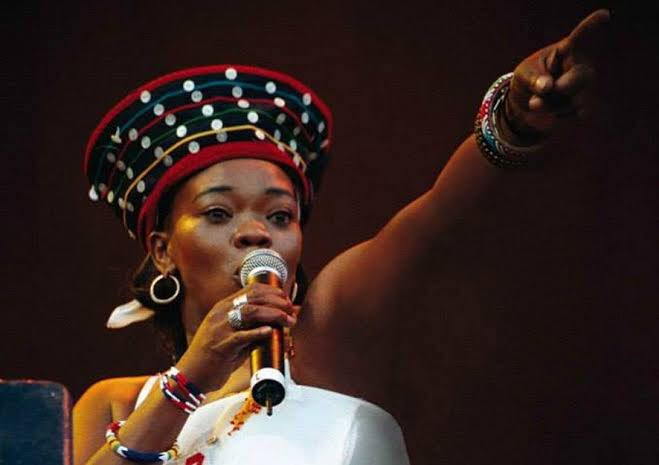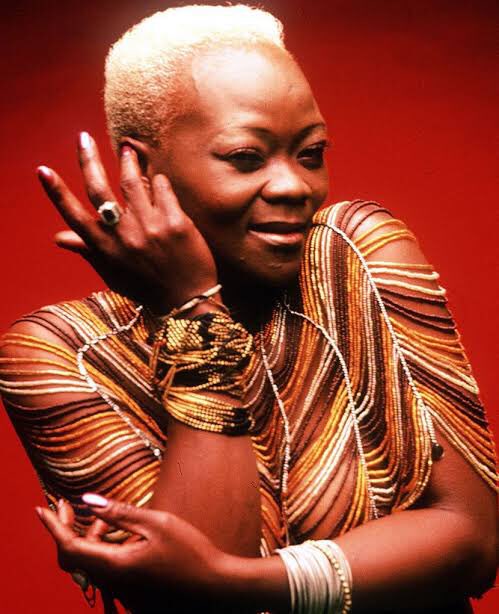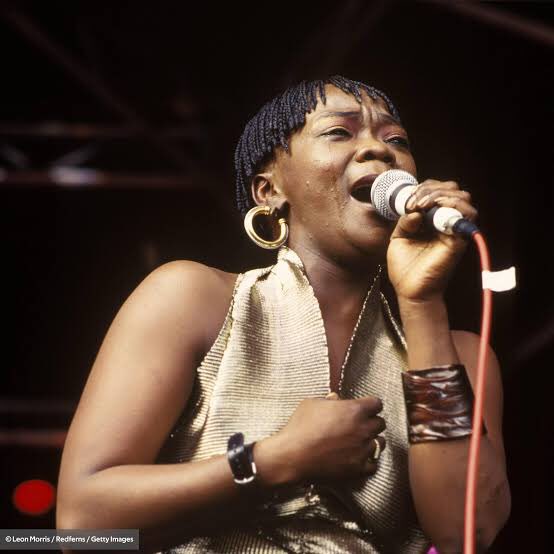
Another week, another #IPThursday good people! We’ve all heard of the “Cola Wars” and this week I’ll be going through this war but with a twist (literally). Its Coke v Pepsi in TWIST trade mark case. 

Our story begins sometime during the Battle of Columbus around 1865. US military member John Pemberton sustained a battle wound which left him in a fair bit of pain. 

To ease the pain, he started using morphine, which he quickly became addicted to. In fact he became so addicted to the stuff he decided to look for alternatives that were “morphine free”.
He experimented with different recipes over the years and in 1886, he accidentally blended syrup with carbonated water, coca and other extracts to make what we know now as Coca-Cola.
Pemberton dubbed his product as a brain tonic, delicious, refreshing, pure joy and he wasn’t wrong! People loved Coca Cola, or “Coke”. Besides the taste, the original recipe had another special ingredient that made people addicted, Cocaine. Yes, the original Coke had Cocaine.
Pemberton went through some tough times financially, so just two years later he sold the recipe to Asa Candler for about $2k. Candler started distributing the drink throughout the US, and the rest is history!
Coke quickly became the the leading drinks company in the US. They soon expanded to Europe and other markets. In fact by 1898, they were already selling a million gallons per year.
They dropped cocaine from their recipe some years later and developed their now famous contour bottle. Which is now somehow used to describe the shape of humans. 😂😂😂 Coke enjoyed good sales, nothing could stop them.....except for some competition.
In 1896, a pharmacist named Caleb Bradham invented a drink which would aid in food digestion. His recipe included some of the same elements as coke (I’m not sure if it had “coke”, but it was sweeter and some people loved it! He called it Pepsi. 

Unfortunately, Pepsi struggled to challenge Coke in the market for years. They even went bankrupt due to the first world war. Most people remained loyal to Coke.
Over time, Coke introduced different products which were just as successful as their main brand. One of these was Sprite, which it released in 1961. Sprite is marketed as the ultimate thirst quenching drink. They also added Fanta and others to their list.
Pepsi struggled to keep up with Coke on the drinks front, so they decided to turn their attention to snacks. Which has been a success. They bought the company that makes Lays, Doritos and Cheetos which means they make more money than Coke but not really from selling soft drinks. 

Coke grew internationally, especially in Africa. They have an incredible monopoly in this part of the world. For many years, Pepsi just couldn’t compete with Coke outside the US when it came to drinks. This was until the 1970s-80s when they changed the advertising.
They introduced the Pepsi Challenge where they would give people a Coke and a Pepsi and ask them which drink they preferred. Many of them picked Pepsi and they ran the videos as adverts. Petty!!! NB Kids, this type of comparative advertising is banned in many countries.😂😂😂
Pepsi is sweeter than Coke, so most people in the US prefer it. This worked and Pepsi started properly challenging Coke.
They upped the advertising in the 80s, brought in Michael Jackson and other celebrities as a brand ambassador. All of a sudden, young people looked at Pepsi as new and vibrant, while Coke was see as a drink for more for the older generation.
Look...in 26 years...I’ve never seen my dad order any other drink besides a Coke so this makes sense, older Coke customers are loyal. 😂
This was the beginning of the “Cola Wars” and we all know what happens in trade wars, there’s inevitably an IP battle. In the 1970s, a co. owned by Coke (Atlantic Industries), introduced the Lemon Twist to South Africa. 



Its also a fizzy drink, with a “Twist”, its sweet, lemon flavoured and people love it. Just don’t tell Zimbabweans it tastes better than Fanta orange though .They then registered trade marks for TWIST in relation to soft drinks in SA.
This allowed them to release other products which used the TWIST trade mark. These included DIET TWIST and GRANADILLA TWIST. 

Fast forward to the year 2000. Pepsi introduced its own PEPSI TWIST in the US. Then in 2006, Pepsi decided to bring the PEPSI TWIST to South Africa. They applied to register the trade mark PEPSI TWIST in relation to the same goods. 

Obviously, this didn’t sit well with Coke (Atlantic) and they opposed the application. Coke said that they had a registered the trade mark for TWIST and so PEPSI TWIST would infringe on their rights.
Rule number 1 of trade mark law is that words that are descriptive, generic or required by others in trade cannot be registered. Eg, You cant get a registered mark for the word “Drive” or “Petrol” for selling cars. Or words like food, cook, drink etc.
The matter went to the Register of Trade Marks and then to the High court. If Pepsi won, Coke could lose their TWIST trade mark and anyone would be able to sell their drink as TWIST.
Pepsi had two arguments. 1. They would use their trade mark as PEPSI TWIST and not just TWIST, which they said is not confusing at all, so Coke must calm down. 2. They brought out a dictionary to school the people on the use of English....
Pepsi said that in the dictionary, the word “Twist” means “to curl piece of lemon peel to flavour a drink”.
The high court disagreed with Pepsi and said the word Twist is actually distinctive and associated with Coke as a trade mark. Adding their house brand PEPSI to the mark, would not make a difference. People would be confused.
Pepsi weren’t happy so they appealed the decision. However, the High Court also agreed with Coke. They said that anyone using the word TWIST for soft drinks, is not describing anything, they are referring to the Coke product..
Pepsi lost this battle of the Cola Wars but it was an interesting case. Is the word TWIST descriptive? Mi says Probably....I think its at least reasonably required for use by other traders, especially if you’re selling soft drinks.
Hear me out....Twisting lemons is part of the process to make any lemon drink. Meaning the word is descriptive. Make sense? All comes down to this tricky thing we call the English language. What does Twist really mean? As usual would love to hear your thoughts!
Big Lesson: Be sure to choose distinctive names as Trade Marks. Not descriptive or generic words. Unique words are better! Your competitors are always watching and even after its registered, they can apply to have it removed. Lets not forget #EndsSARS 🇳🇬❤️💛💚 

• • •
Missing some Tweet in this thread? You can try to
force a refresh



















